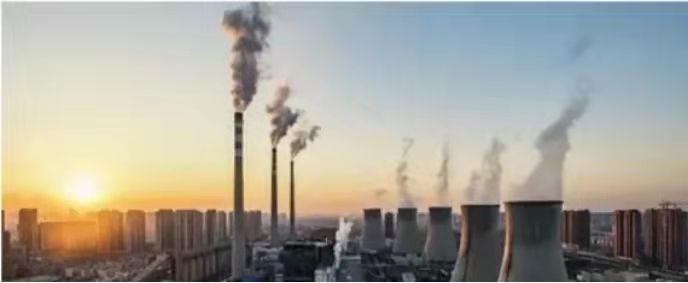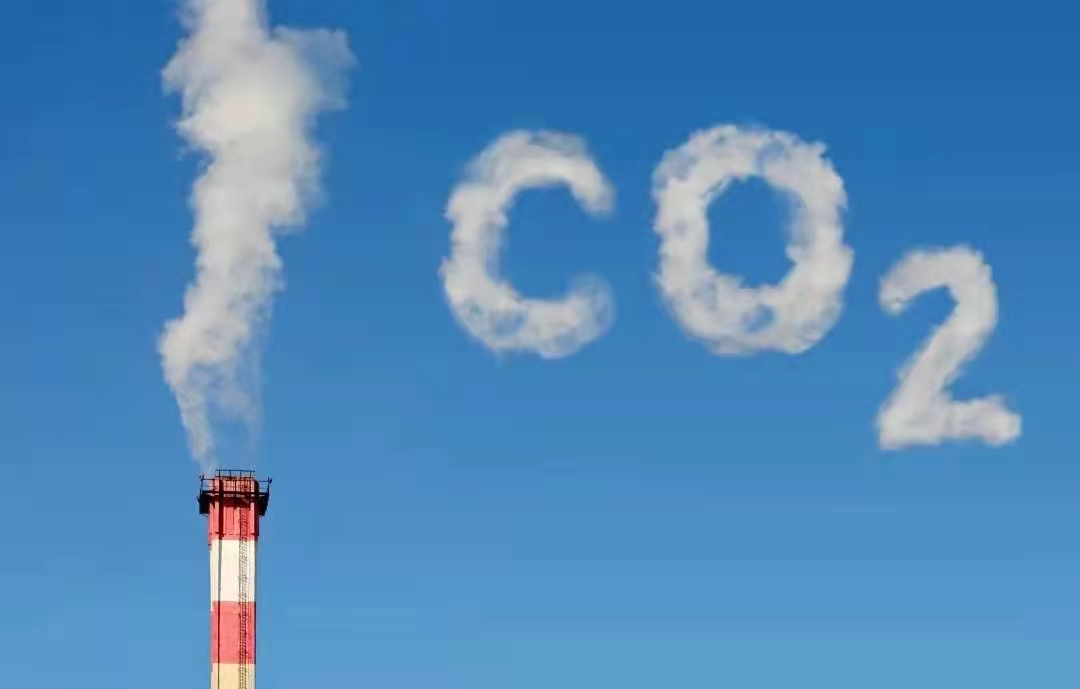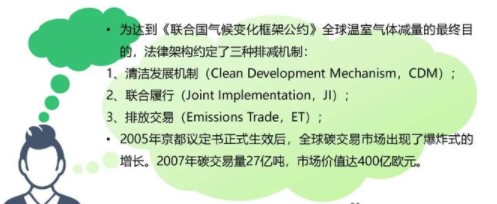
Climate change is a global problem facing mankind. With the emission of carbon dioxide in various countries, greenhouse gases have soared, posing a threat to life systems. In this context, countries in the world reduce greenhouse gas emissions in the form of a global agreement, and China has therefore proposed carbon peak and carbon neutral goals.
Take China as an example
1. What is carbon peaking
Carbon peak refers to my country's commitment to no longer increase carbon dioxide emissions before 2030, and gradually reduce after reaching the peak, in order to gradually achieve zero carbon dioxide emissions (carbon neutral)

2. What is carbon neutrality
Carbon neutrality refers to the calculation of the total amount of greenhouse gas emissions directly or indirectly produced by enterprises, groups or individuals within a certain period of time, and then through afforestation, energy saving and emission reduction, etc., to offset their own carbon dioxide emissions and achieve zero carbon dioxide emissions. To put it simply, as much carbon dioxide is produced, the amount of carbon dioxide is treated by reasonable methods such as tree planting, energy saving and emission reduction.
China strives to achieve carbon neutrality by 2060.

3.What is carbon trading
From an economic point of view, carbon trading follows the Coase theorem, that is, greenhouse gases represented by carbon dioxide need to be managed, and the governance of greenhouse gases will cause cost differences for enterprises; since the daily exchange of commodities can be regarded as a right ( (Property rights) exchange, then greenhouse gas emission rights can also be exchanged; therefore, the use of carbon rights trading has become the most efficient way to solve pollution problems under the framework of market economy. In this way, carbon trading closely integrates the scientific problem of climate change, the technical problem of reducing carbon emissions, and the economic problem of sustainable development, and the market mechanism is used to solve this comprehensive problem of science, technology, and economy.
It should be pointed out that carbon trading is essentially a financial activity. On the one hand, financial capital is directly or indirectly invested in projects and companies that create carbon assets; on the other hand, emission reductions generated by different projects and companies enter the carbon financial market for trading. Was developed into a standard financial instrument

Players and game rules
The government will allocate certain carbon emission allowances to enterprises, which represents the upper limit of the company's annual carbon dioxide emissions free of charge. 1 unit of allowance represents 1 ton of carbon dioxide emissions. Companies need to hand in their quotas at the end of the performance period. Only when the paid-in quotas cover the current year's emissions can they complete the contract, otherwise they have to purchase quotas to complete the contract. The allocation method of allowances has evolved from free allocation to high-proportion auctions. The EU’s overall auction quotas in 2020 will reach 57%, and the cost of fulfilling contracts is getting higher and higher.
Companies with quotas sell quotas to companies in need, and the carbon market was born.
There are two types of basic products in the carbon trading market. One is the carbon emission allowance allocated to the enterprise by the government, but the actual emissions of the enterprise are less than this allowance, and the excess is sold; the other is the certified voluntary emission reduction (CCER) , The carbon market grants CCER replacement carbon emission allowances at a ratio of 1:1, that is, 1 CCER is equivalent to 1 allowance, which can offset 1 ton of carbon dioxide equivalent emissions.
In addition to the aforementioned companies, individuals will also be players in this "carbon trading" game. According to industry sources, during the "14th Five-Year Plan" period, eight key energy-consuming industries, including petroleum, chemical, and building materials, are also expected to be included in the carbon market.

Tel:+86-15800197101
Mobile:+86-13790747714
Email: goayi@gyssolarpower.com
Skype: +86-13790747714
Whatsapp: +86-13790747714